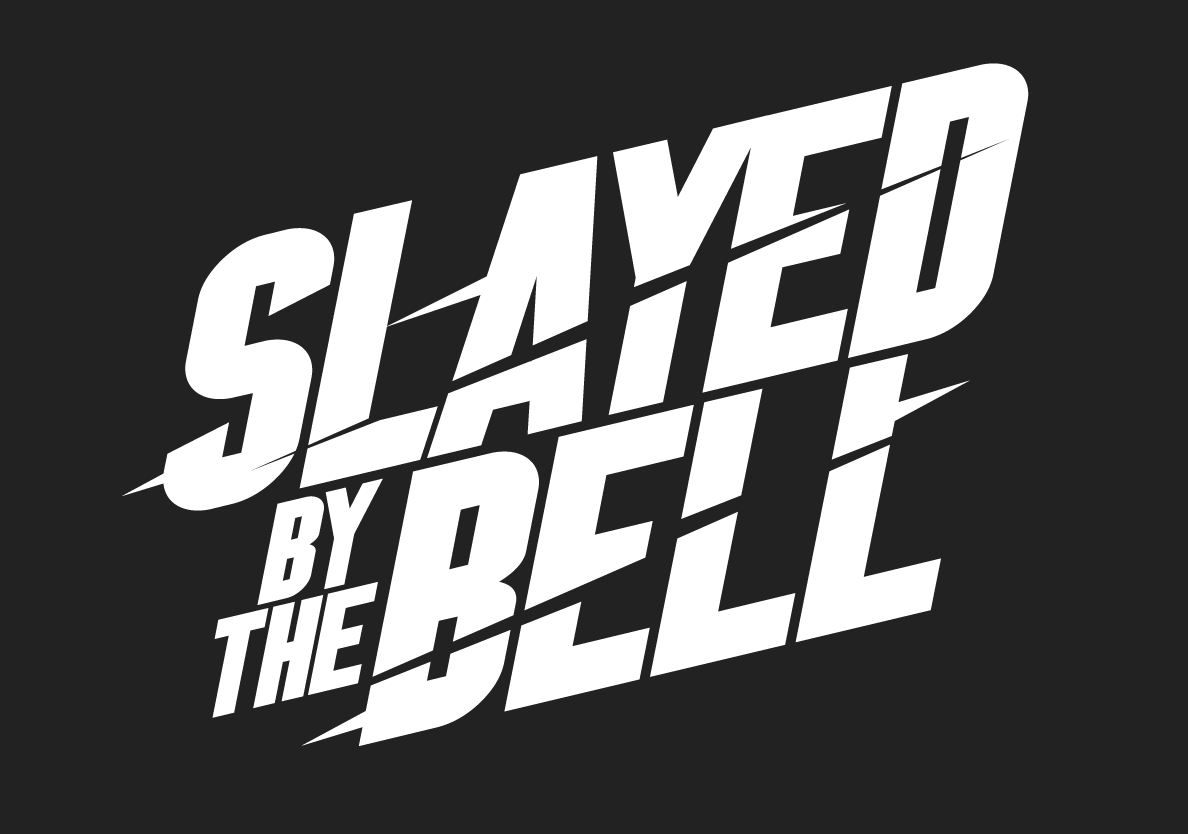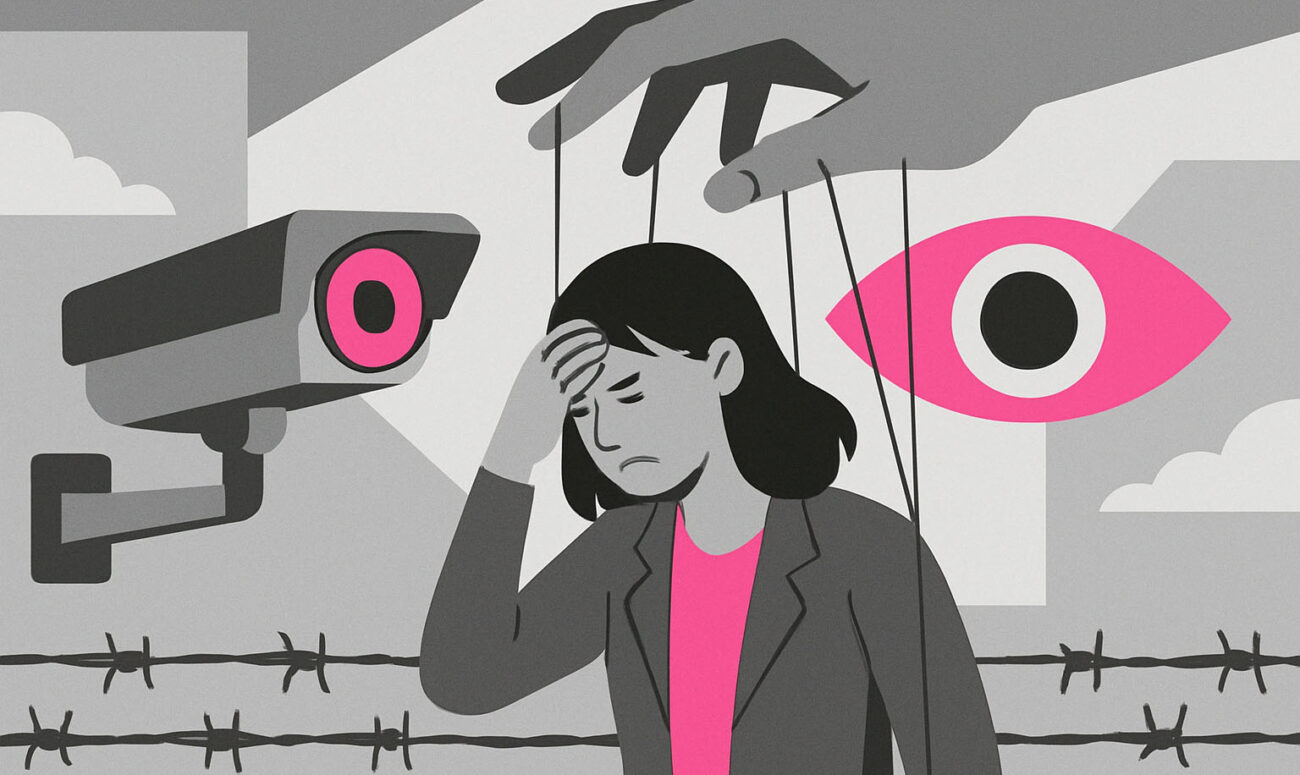How Micro Management and Control Culture Is Killing Teaching
Micromanagement in education isn’t about standards. It’s about control. Fear. Power…and by proxy, guilt. It turns passionate, thoughtful professionals into box-ticking robots. Creativity bleeds out. Joy disappears. The system doesn’t trust the people working in it, and that distrust spreads like a virus. Some of the best minds in the profession are walking away, i’ve seen it over and over—burnt out, broken, or just too tired to fight another bullshit policy. This isn’t quality assurance. It’s a slow death.
And we’ve normalised it. We’ve allowed it to take root in meetings, policies, CPD, and appraisals. We dress it up as rigour. As “high expectations.” But it’s really a stranglehold. A tightening grip around a profession that should be fuelled by intellect, empathy and creativity—not suspicion and compliance.
Problem
Micromanagement is sold as a silver bullet. Another initiative to “raise standards.” It does the opposite. Autonomy? Dead. Initiative? Punished. Trust? Gone. Teachers are constantly monitored, assessed, tracked, and observed—until there’s no space left to actually teach. The job becomes a performance. The real work—the human part—gets crushed under policy and paperwork.
Dan Ariely, in Predictably Irrational, lays it out: when people are controlled too tightly, they stop caring about what really matters. They tune out, narrow in, and do the bare minimum to avoid getting fucked over. That’s what’s happening. Teachers don’t have time to focus on student growth because they’re too busy making their marking policy look good on a tracker. They’re bending themselves into awkward shapes for triangulated “evidence” that no one even reads.
Take lesson pwerpoints. It’s not enough to think about what your students need. You have to slot it into a prescribed structure with a Do Now, a retrieval section, a mini-plenary, a specific type of questioning, a stretch task, and an exit ticket—regardless of whether any of that suits the kids in front of you. Content? Often predetermined. Some schools hand out set PowerPoints and worksheets. Just deliver the script. Don’t think. Don’t adapt. Don’t improvise. That’s not teaching. That’s admin with a voice.
Causes
It’s a mess. It’s what you get when you combine fear of Ofsted, government meddling, and SLT trying to prove they’re “driving improvement” or achieving a performance target. Surveillance culture gets baked into every layer. Metrics replace meaning. Targets override trust. Somewhere along the way, we forgot what schools are for.
It’s not about students. It’s about appearances. It’s about covering asses. Steven Poole nailed this in Unspeak—we’re swimming in euphemisms and empty phrases. Instead of saying we don’t trust teachers, we say we’re “supporting consistency.” Instead of admitting we’re managing by fear, we say it’s “high expectations for all.” The profession is clogged with language that sounds meaningful but means fuck all. “Touch base” is the type of pseudo-corporate nonsense that’s replaced meaningful conversation. The words don’t just disguise intent—they erase it.
And when acronyms like STEPS, CHOICES, and WAGOLL become sacred doctrine rather than tools, we’re no longer thinking critically—we’re just following scripts. Everyone ends up parroting slogans, not ideas. It’s exactly the kind of cognitive short-circuit Orwell warned about—language as control.
In Captivology—Ben Parr’s breakdown of how people get and hold attention. None of this micromanaging madness considers what actually engages students. The obsession with rigid lesson formats and cold-call questioning isn’t about learning—it’s about surveillance and performance. It’s a theatre of education, where substance dies behind the fucking scenery.
Look at the nonsense: teachers being told how to stand in their classroom, what language to use, how to get attention by putting a hand in the air like we’re in a bloody scout camp. Entry and exit routines that make teachers perform a ritual every time students walk through the door. Scripted language. Forced uniformity. Everyone parroting the same acronyms and mnemonics as if learning can be mass-produced. Within thois, individuality dies. Everything becomes process. Everything becomes predictable. Including failure.
Effects
What’s left? Good teachers are quitting. Burnout levels that would be a scandal in any other profession. Early career teachers are leaving in droves. Kids are being taught by people who are exhausted, anxious, and emotionally drained. The spark is gone.
And the results? No better. Test scores don’t soar. Engagement doesn’t improve (the opposite). Because constant pressure doesn’t inspire excellence—it breeds fear. People play it safe, or they shut down. Compliance gets mistaken for progress.
Dan Ariely and Ben Parr both show what happens when people feel watched, judged, boxed in—they stop innovating. They stop caring. They do just enough to avoid punishment, not enough to create change. And kids notice. They see when their teachers are joyless, scripted, scared to deviate from a lesson plan. They feel it when every lesson is a replica of the last. That spark—the human connection that makes learning real—gets choked out.
And it trickles down. Students experience the same mechanical nonsense. Prescribed responses. Uniform expectations. Lessons that feel like reheated leftovers. The joy gets drained from learning because everything feels forced. Teachers are reduced to facilitators of someone else’s plan. Students are just there to be filled and tested. We’re raising kids who can jump through hoops but haven’t been taught to build any of their own.
Solutions
Stop adding more shit. Start stripping it back. Let teachers teach. Ditch the endless cycles of lesson observations and book scrutinies or whatever the fuck SLT have rebranded as. Trust staff to know what works in their classrooms. Cut the standardisation obsession. Not everything has to look the same to be effective.
Reject the nonsense language. Refuse to pretend the latest buzzwords mean progress. Ask teachers what actually helps and listen. No more “non-negotiables” dreamed up in echo chambers. Scrap policies that do nothing but fill spreadsheets. Give teachers room to breathe, experiment, reflect.
Build leadership that gives a shit about people. That doesn’t manage through fear or spreadsheets. Create environments where risk and innovation are rewarded, not punished. Trust doesn’t mean chaos. It means believing your staff want to do a good job, and helping them do it, not standing over them with a clipboard.
Stop directing teacher time like they’re factory workers. Let them choose when and how to plan, mark, reflect. Drop the obsession with dress codes and forced formality. If someone teaches better in trainers and a hoodie, who the fuck cares? Let teachers be themselves. Let students see adults who are real, not roleplaying some corporate fantasy of professionalism.
And while we’re at it—stop trying to make everything measurable. You can’t spreadsheet a spark. You can’t quantify the impact of a quiet conversation that changes a student’s day. We need less bullshit, more bravery.
Conclusion
Micromanagement isn’t helping. It’s destroying morale, driving people out, and wrecking education from the inside. This is not sustainable. If we want thinking, feeling, motivated staff and students, then the bullshit has to stop.
Speak up. Push back. Protect each other. This job isn’t supposed to be about pleasing a system—it’s about changing lives. Stop reducing it to a checklist. Start defending what really matters. Because if we don’t, we’ll keep bleeding talent, hope, and joy from a system that desperately needs all three.

